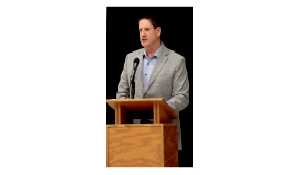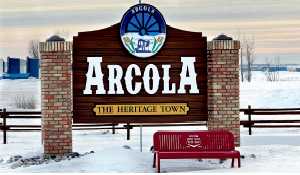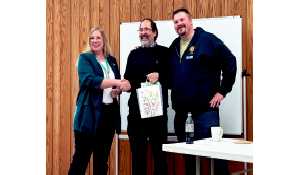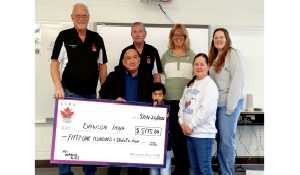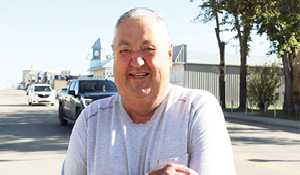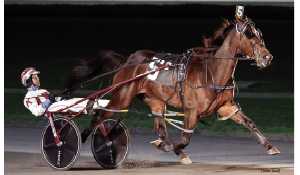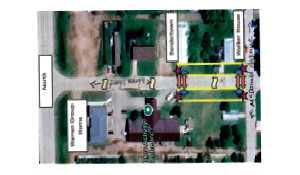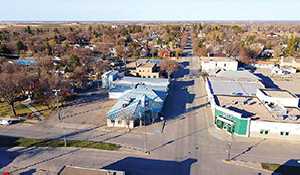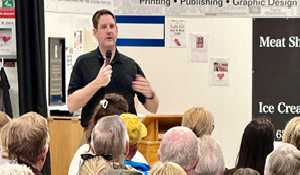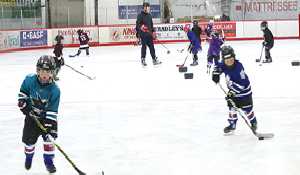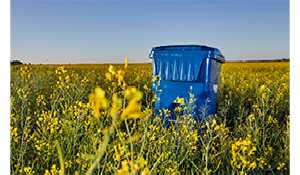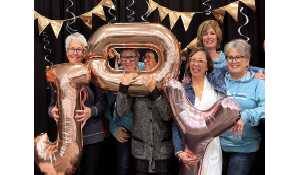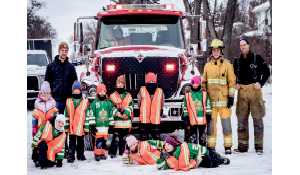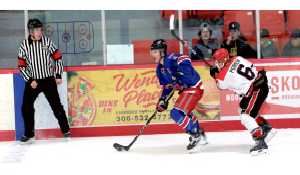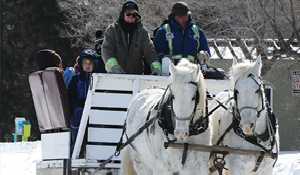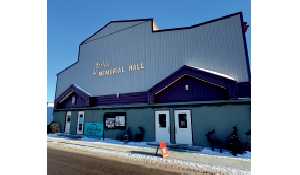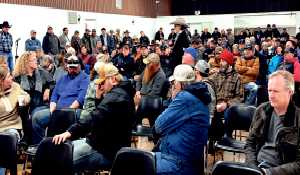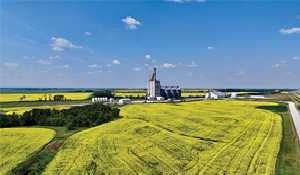Saskatchewan Strong in Humboldt tragedy
April 16, 2018, 9:47 am

The impact of the heartbreaking Humboldt Broncos bus tragedy seems to affect us in ripples, like the waves on a pond.
At first, we are exposed to the pain of empathy. We imagine—if we’ve not already experienced it—the indescribable pain of losing a loved one, suddenly, tragically, and finally. As fate forces us to say farewell, we are left with the abiding regret that there wasn’t more time. There never is.
There’s also the tenderness of years—many of the 16 victims were so young. They could have been our kids; lives of such potential cut short. Dreams unrealized. We also feel the inconsolable loss of those left behind—the moms and dads, families and survivors.
The stories of the young hockey players’ billets are moving, the people who took the teens into their homes, not just to board and feed them, but to weave them into the fabric of their families. For billets, guiding young players through the teenage angst of school, girls and the extra load of being a high-performance athlete turned into love.
Being Saskatchewan, where there aren’t many degrees of separation, many people personally knew crash victims or their families.
Even for those unfamiliar with junior hockey, the words are haunting from the beloved fallen coach and the hockey team that took pride not only in excellence on the ice but shaping young men into good men by emphasizing high standards, discipline, unfailing courtesy, respect, selflessness, kindness, humility and an ethic of giving back.
Magnify all of this by sixteen and the loss is incomprehensible.
Then, think of a bus. Hockey players speak poignantly of hours spent slouched in the seats, forging lifelong friendships, experiencing fear, loneliness, jubilation, being part of something bigger than themselves, catching up on homework, and learning that the bus is as much a part of becoming a team as time spent on skates.
Many recall our own bus experiences and putting our kids on buses at dawn for band trips, school sports, ski trips, and picking them up a few days later giving little thought to the worst that could have happened.
As the Humboldt disaster touches each of us, then consider the significance of hockey to the culture of the province that produces more NHL players than any other place on earth. From small towns to cities, hockey and its deep loyalties are in the DNA of Saskatchewan.
A friend visiting Toronto when the tragedy struck was stunned by the number of people, downtown in the financial district, who leaned in and asked if he was OK, if Saskatchewan would be all right; was there anything that they could do?
A tragedy like this also exposes our helplessness. So, we reach out to one another or do something tangible like offer to donate blood or set out “sticks for Humboldt” or give money to one of the world’s fastest rising crowd funding campaigns.
We cannot bring back the lives on that bus, nor can we turn back time to have the bus leave just one minute earlier or later. We are also powerless to undo the pain that others are feeling.
But we can reflect on how our own lives affect others and realize that so many of what we think are problems are mere first-world inconveniences that can be overcome.
There’s been something about this seemingly endless week of grief that has brought us together, more concerned about our empathy and humanity than what divides us. The tribalism of differences—from politics to geography, age and race—seem to matter far less than reaching out to those in pain, hugging our loved ones and smiling at a stranger.
Darkness, like adversity, is best faced together. And, as it always does, darkness will eventually yield to light. But through all of this, we are all Saskatchewan and Humboldt strong.

